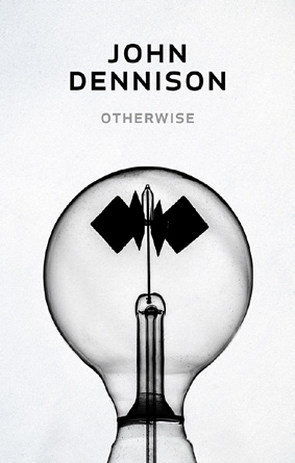
by John Dennison
I was annoyed when a tutor on my degree course described T.S. Eliot’s poetry as ‘dry and unfeeling.’ I always felt that for Eliot, emotion was so strong and potent that it had to be repressed and controlled.
As psychologists tell us, however, what we resist persists; and I like in Dennison’s poems what I like in Eliot’s, a sense that the poet has deliberately chosen to explore with intellectual honesty what his feelings are and where they come from. I believe the control thus exercised allows us, as readers, a generous margin of space to respond both intellectually and emotionally.
I think I’m talking about what I value most in any writing: the invitation to engage with it. Many of Dennison’s poems, carefully read and re-read – poetry is a slow thing with me, both writing my own, and readings others’ – engaged me absolutely.
The thing I value second-most is readability – writing that is set down without condescension or deliberate shying away from anything too difficult, challenging and obtuse. There’s that honesty I respond to and Dennison has it.
Writers, and especially poets must also, to please me, be well-equipped with a diverse and extensive vocabulary, yet free of any compulsion to flood me with all that they know. That seems to demand of them a trust that their chosen words, carefully and exactly deployed, will beguile and illumine the reader even when occasional words are unknown or not immediately understood.
Yes, it’s a fine line, isn’t it? A balancing act. Again, Dennison manages it well. We know when he uses plain or fancy, it’s a conscious choice, at his own discretion.
Some lyricism, another preference of mine, if only as an occasional indulgence, is there, too. Lines to murmur aloud, such as:
‘…does Orion,
his blue diamonds worn long over cool indigo
slip into the wings?’
I can imagine the poet, thoughtful and alone:
‘…sitting to write, dream, seek
those things that bear repeating.’
There are many such things in Otherwise.
Academia often insists we understand everything that’s in a poem; I’m not entirely sure that matters. I do like the process of reading and re-reading to tease out what lies between the lines on the page. Yet, potentially, I like to be reassured that all of it is, ultimately understandable. This, in my opinion, Dennison constantly achieves, leading us to find:
‘at the unclosed door,
the seam of light.
Accurate description is another must for me, as in Tawa and Watermarks; and that immediate welcome to The Garden. Yet overall what I got from Dennison’s Otherwise was a sense of moving on through the Mobius strip of being human, of living and breathing and relating closely each with the other – finding for ourselves ‘love’s bare answer.’
Dennison’s is a true voice, speaking its philosophies, with clarity in his style of expression and a wide range of topics.
Author: John Dennison
Publisher: Auckland University Press
ISBN: 9781869 408282
Available: Bookshops


 RSS Feed
RSS Feed
